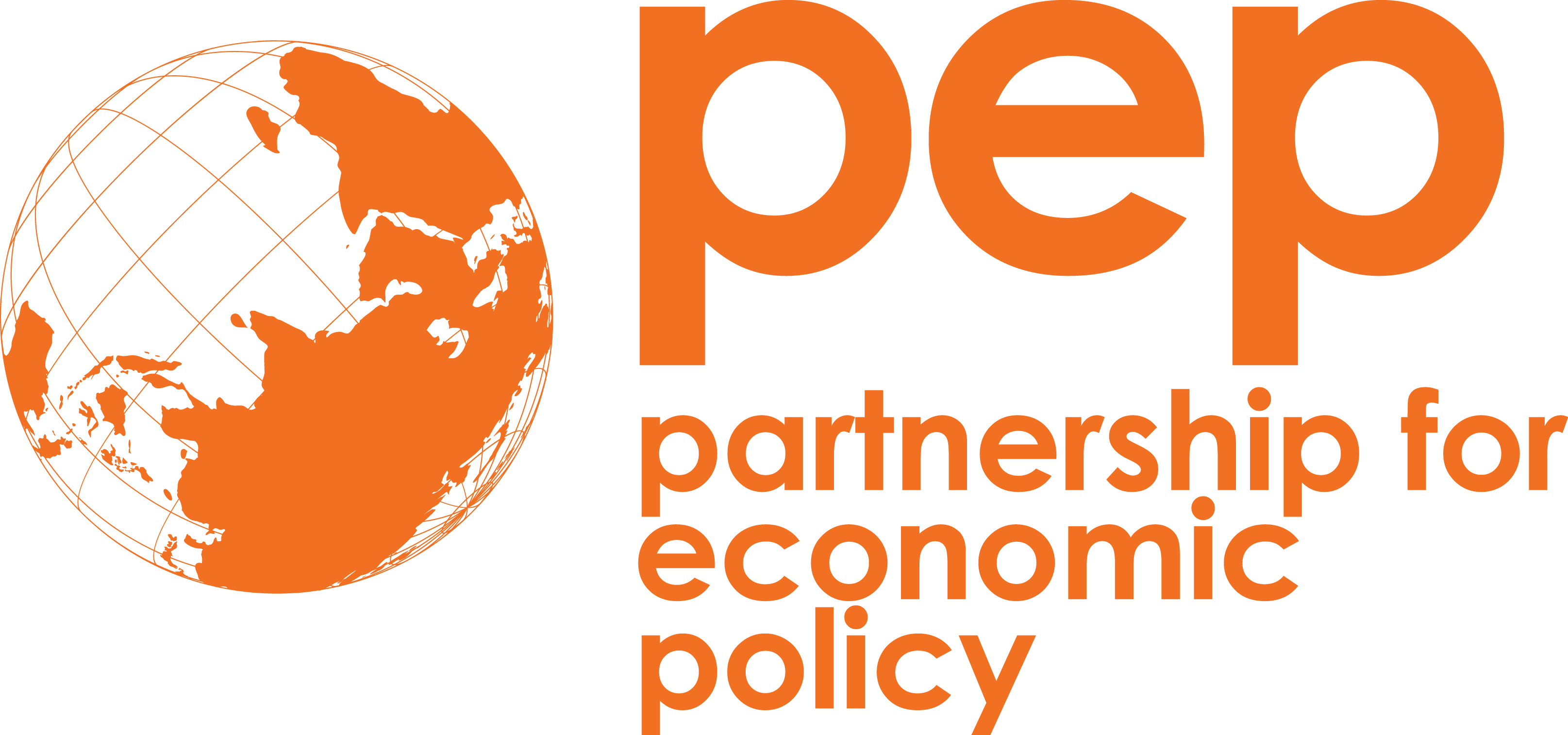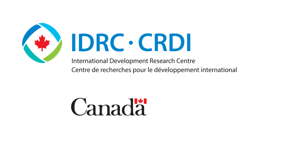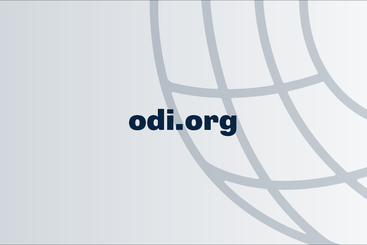The impact of the Russia-Ukraine war has been felt across Africa through trade disruptions, commodity price increases, and tighter financial conditions.
This report synthesises the evidence on the impact of the war and its implications on food security in Africa based on country case studies covering Egypt, Ethiopia, Kenya, Morocco, Mozambique, Senegal, South Africa and Sudan, as well as Africa-wide studies utilising econometric modelling techniques. The studies examine the transmission channels of the impact of the Russia–Ukraine war on African economies and their resilience.
The report finds that while direct trade exposure is low, Africa relies heavily on Russia and Ukraine for food and fertiliser imports.
The war has driven up prices of oil, food and fertilizers globally. Simulations suggest that a 10% shock in oil, food and fertiliser prices induced by the war may reduce Africa’s annual GDP by $7 billion. Actual impacts are likely to be higher since oil, food and fertiliser prices increased by larger shares, at 40%, 18% and 55%, respectively, in 2022. Global commodity price increases also prompted an increase in interest rates in high-income countries, which in turn triggered capital outflows, exchange rate depreciation and higher borrowing costs for many African countries. The magnitude of individual country impacts varies based on commodity dependence, financial openness, and domestic vulnerabilities.
The war may have exacerbated the impact of the COVID-19 pandemic on the deterioration of Africa’s macroeconomic and social performance. The overlapping crises have slowed Africa's development progress and risk long-term "scarring" effects. In 2022, 18 million new poor people were added to the 546 million Africans already living in poverty, and one out of five Africans faced high levels of food insecurity. Women and vulnerable groups also tend to be disproportionately impacted by shocks.










